opening hours
Monday closed
Tuesday to Sunday 11 am – 7 pm
Monday 8 December 11 am > 7 pm
Wednesday 24 December 11 am > 4:30 pm
Thursday 25 December closed
Wednesday 31 December 11 am > 4:30 pm
Thursday 1 January 11 am > 7 pm
Monday 5 January 11 am > 7 pm
Tusday 6 January 11 am > 7 pm
- full price € 15 at the box office - € 14 online
- reduced price € 12 at the box office - € 11 online
– for young people aged between 18 and 25 (not yet turned 25);
– for groups of 15 people or more;
– La Galleria Nazionale, Museo Ebraico di Roma ticket holders;
– upon presentation of ID card or badge: Accademia Costume & Moda, Accademia Fotografica, Biblioteche di Roma, Centro Sperimentale di Cinematografia, Enel (for badge holder and accompanying person), FAI Fondo Ambiente Italiano, Feltrinelli, Gruppo FS, IN/ARCH Istituto Nazionale di Architettura, Sapienza Università di Roma, LAZIOcrea, Palazzo delle Esposizioni, Amici di Palazzo Strozzi, Accademia Nazionale di Santa Cecilia, Scuola Internazionale di Comics, Teatro Olimpico, Teatro dell’Opera di Roma, Teatro di Roma, Università degli Studi di Roma Tor Vergata, Youthcard; - open € 18
valid for one year from the date of purchase
- free
– minors under 18 years of age;
– myMAXXI cardholders;
– on your birthday presenting an identity document;
– upon presentation of EU Disability Card holders and or accompanying letter from hosting association/institution for: people with disabilities and accompanying person, people on the autistic spectrum and accompanying person, deaf people, people with cognitive disabilities and complex communication needs and their caregivers, people with serious illnesses and their caregivers, guests of first aid and anti-violence centres and accompanying operators, residents of therapeutic communities and accompanying operators;
– MiC employees;
– journalists who can prove their business activity;
– European Union tour guides and tour guides, licensed (ref. Circular n.20/2016 DG-Museums);
– 1 teacher for every 10 students;
– AMACI members;
– CIMAM International Committee for Museums and Collections of Modern Art members;
– ICOM members;
– from Tuesday to Friday (excluding holidays) European Union students and university researchers in art history and architecture, public fine arts academies (AFAM registered) students and Temple University Rome Campus students;
– IED Istituto Europeo di Design professors, NABA Nuova Accademia di Belle Arti professors, RUFA Rome University of Fine Arts professors;
– upon presentation of ID card or badge: Collezione Peggy Guggenheim a Venezia, Castello di Rivoli Museo d’Arte Contemporanea, Sotheby’s Preferred, MEP – Maison Européenne de la Photographie;
Robert Wilson. Mother
- ticket € 5
limited seating; it is mandatory to arrive at the infopoint 15 minutes before the start time indicated on the ticket; the experience lasts approximately 45 minutes
- Mother + Museum ticket € 17
limited seating; it is mandatory to arrive at the infopoint 15 minutes before the start time indicated on the ticket; the experience lasts approximately 45 minutes
Collection
MAXXI’s Collection of Art and Architecture represents the founding element of the museum and defines its identity. Since October 2015, it has been on display with different arrangements of works.
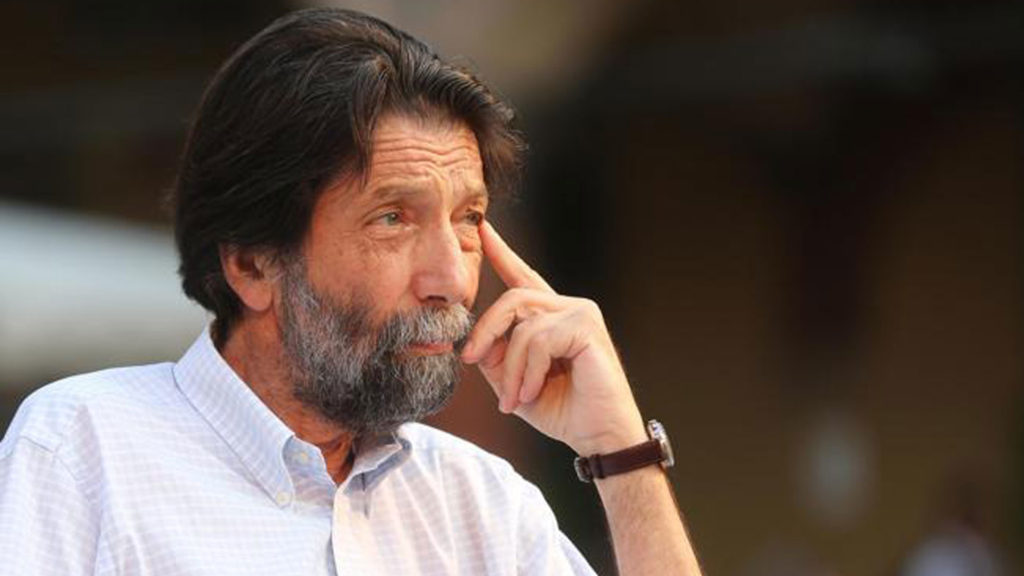
other upcoming events
17 Dec 2025 05.00 pm
MAXXIperTUTTIThe Large Glass: plural visionsfree guided tours
17 Dec 2025 06.00 pm
lectureRicky BurdettIl DNA delle città: leggere Roma nel contesto globale
18 Dec 2025 05.00 pm
MAXXIperTUTTI1+1 sensitactile labs
26 Dec 2025 11.30 am
guided toursThe Large Glass
26 Dec 2025 04.30 pm
MAXXI with the familyMeraviglie in equilibrioCostruire come Pier Luigi Nervi
26 Dec 2025 04.30 pm
guided toursThe Large Glass



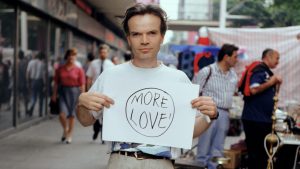
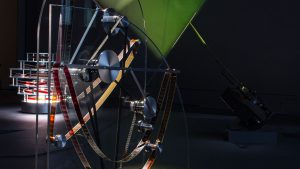




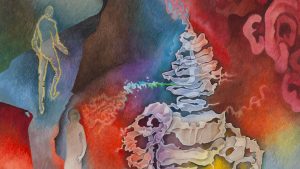
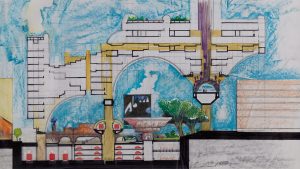
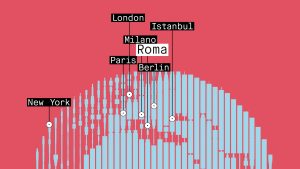




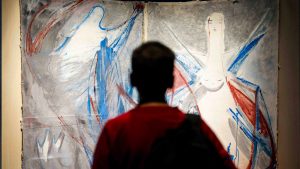
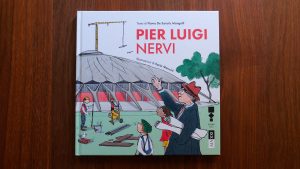








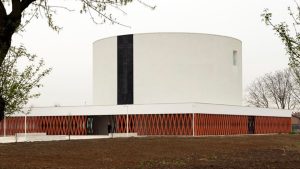

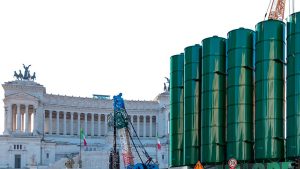





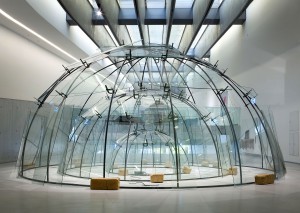
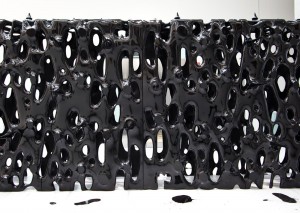
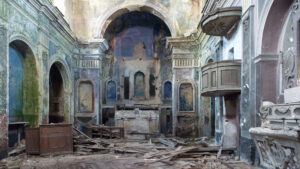

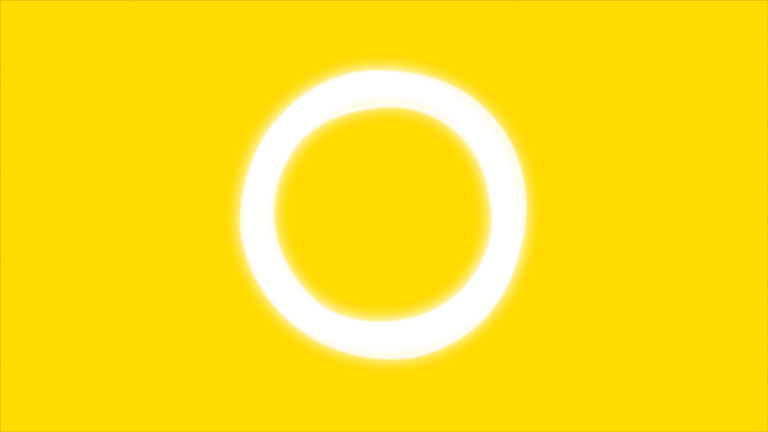
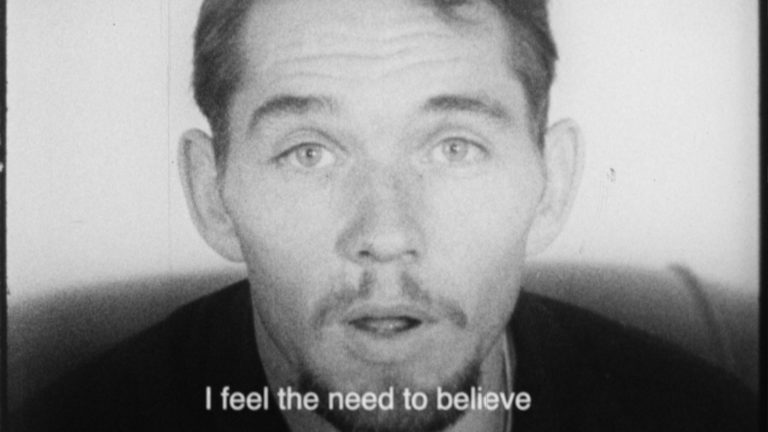
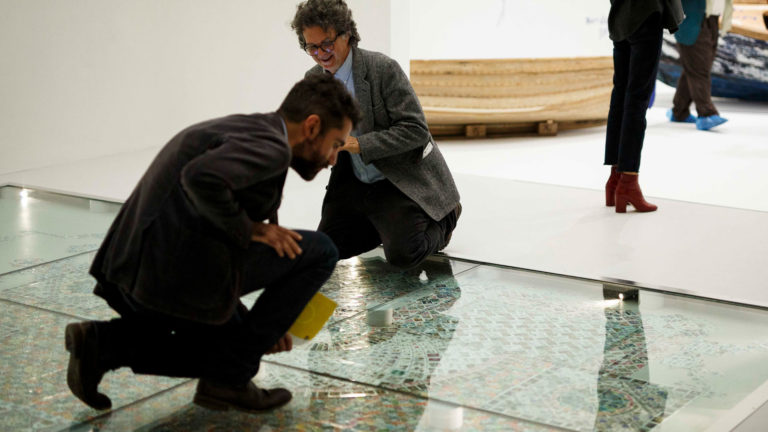
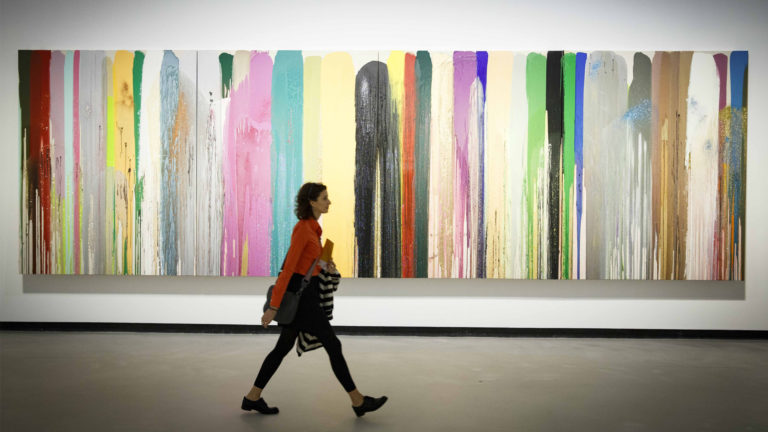
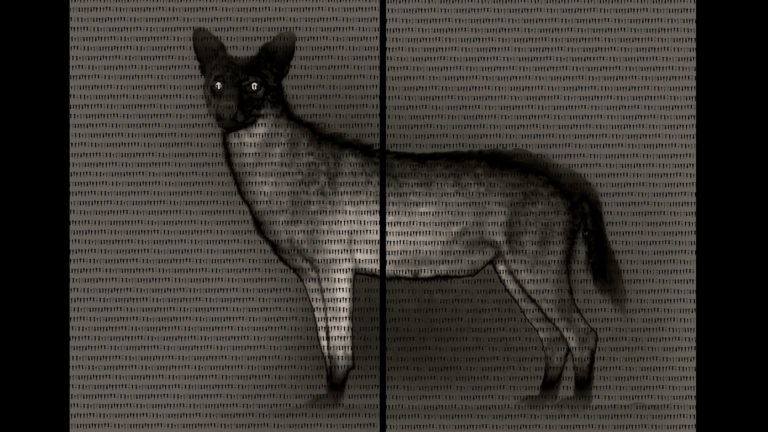
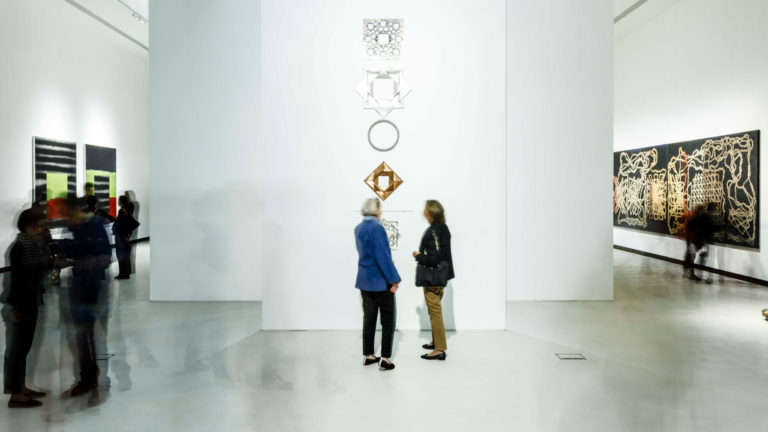
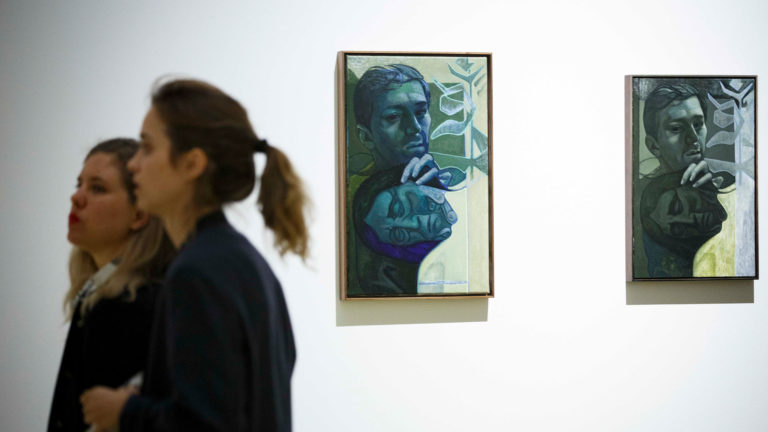
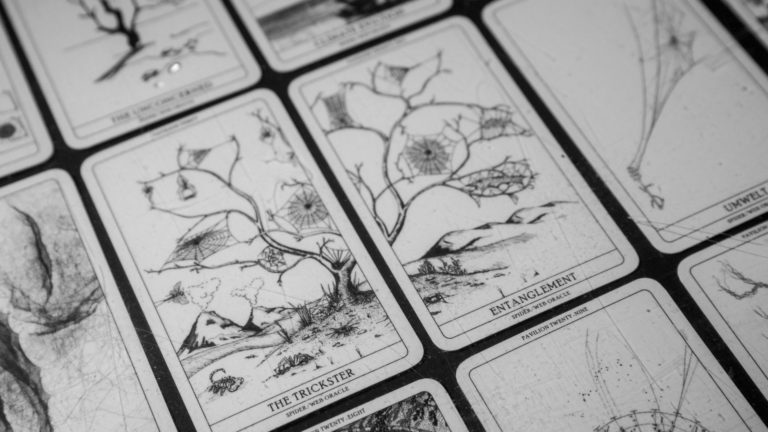
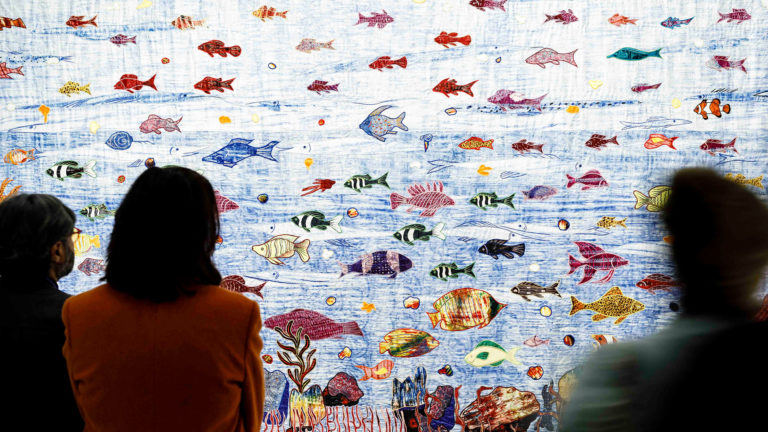
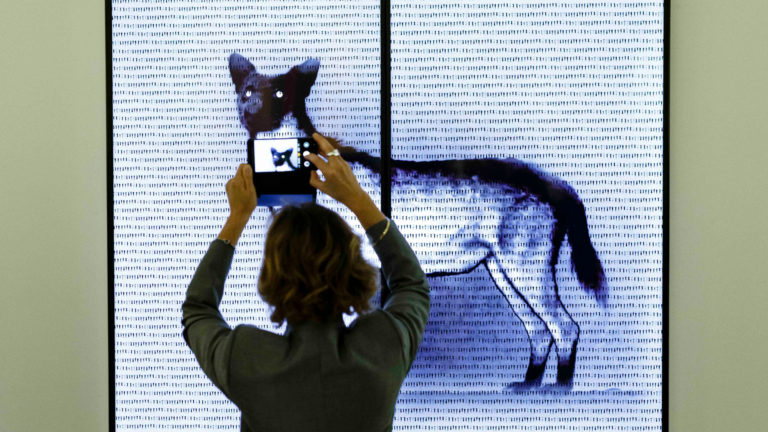
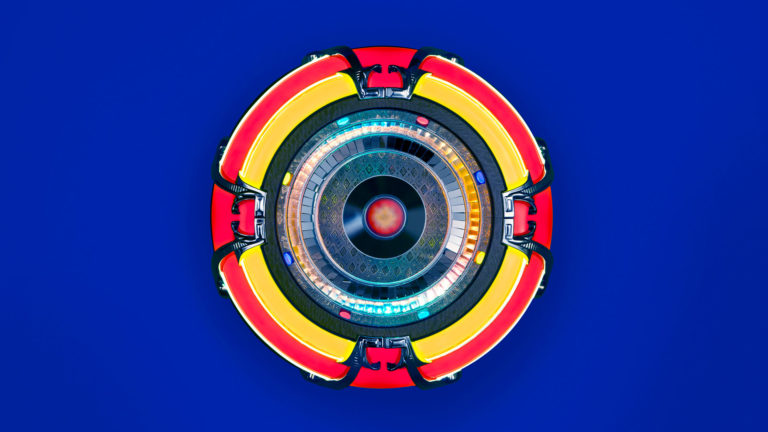
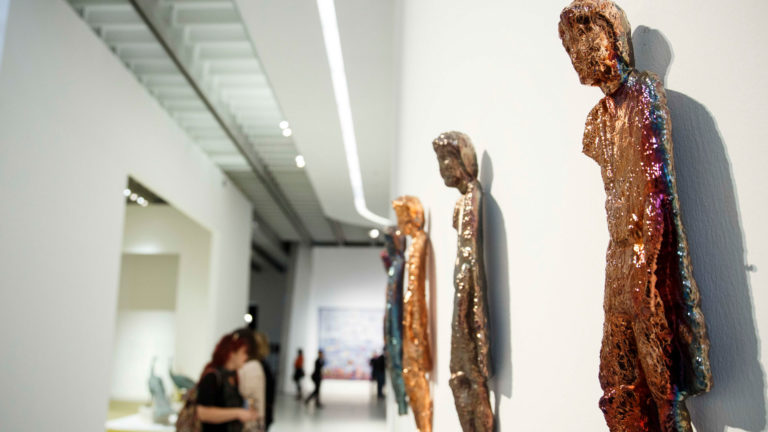
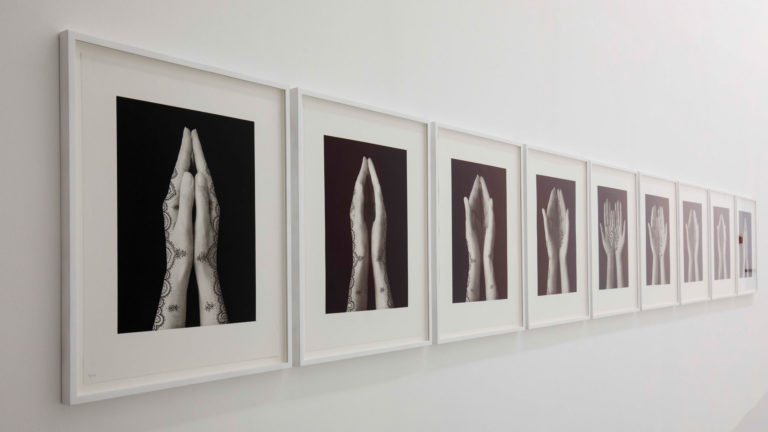
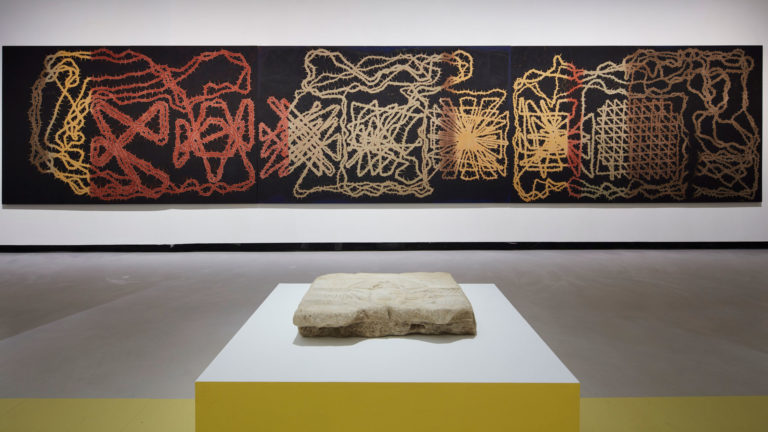
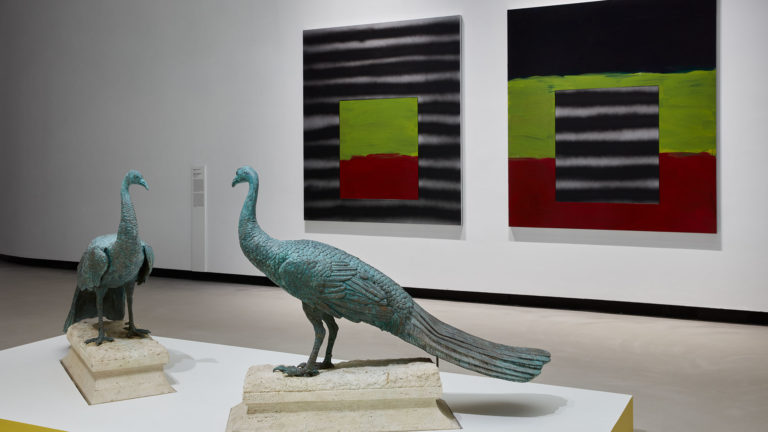
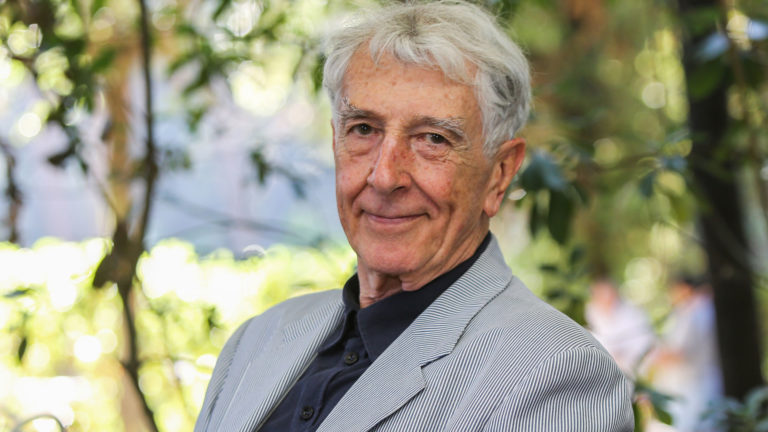
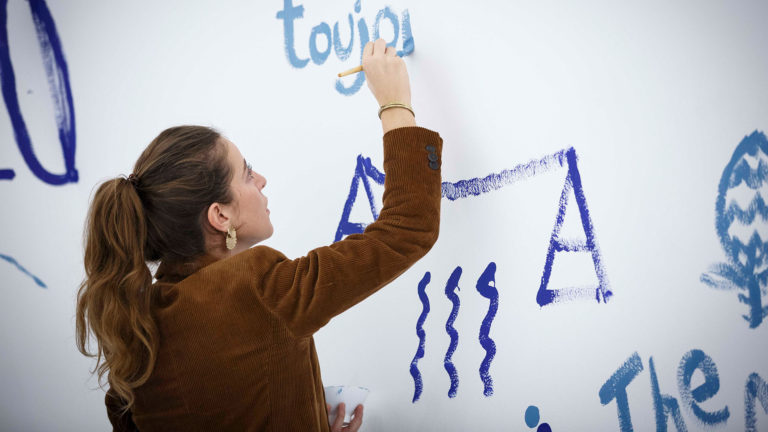
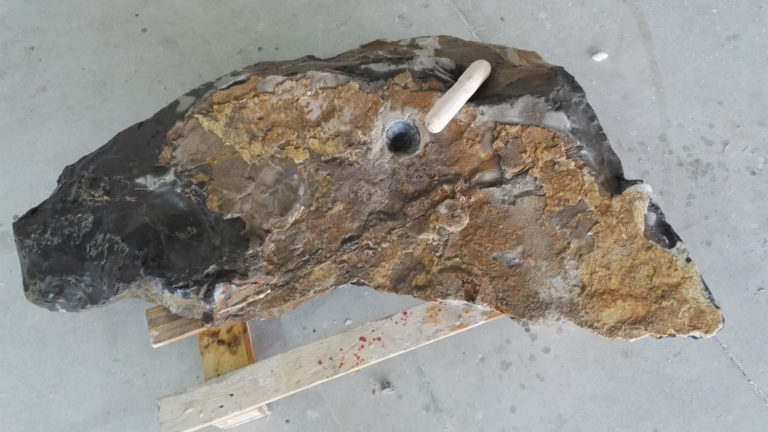
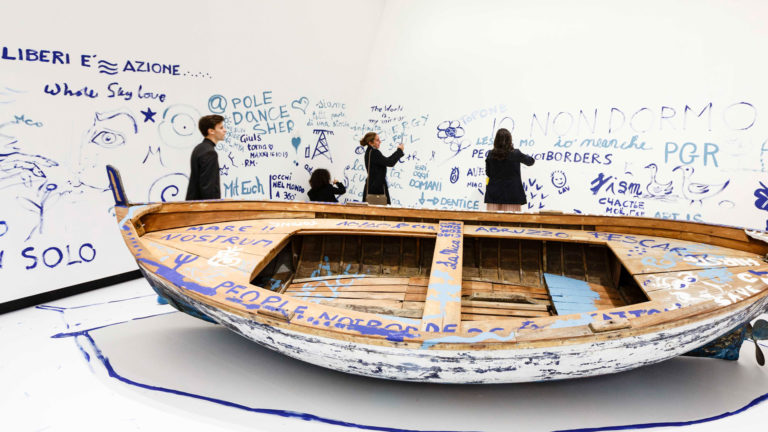
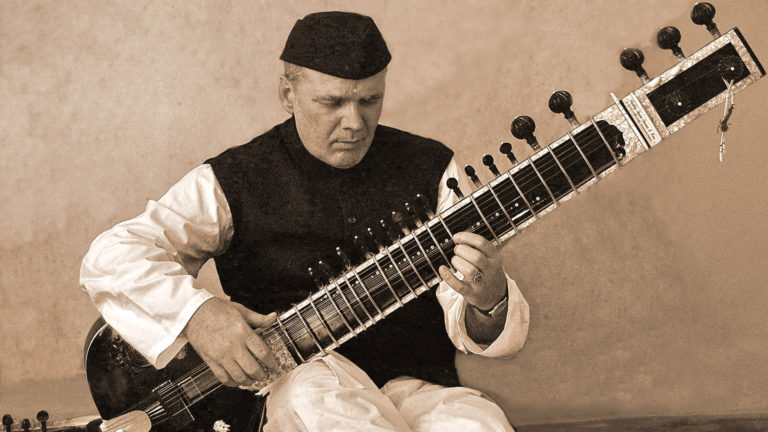
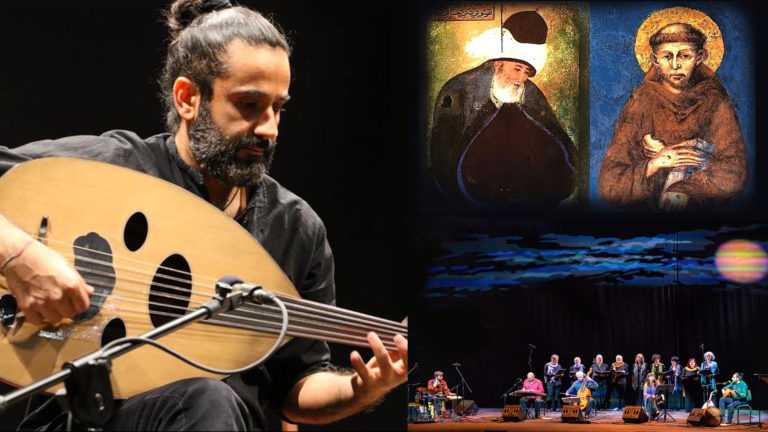

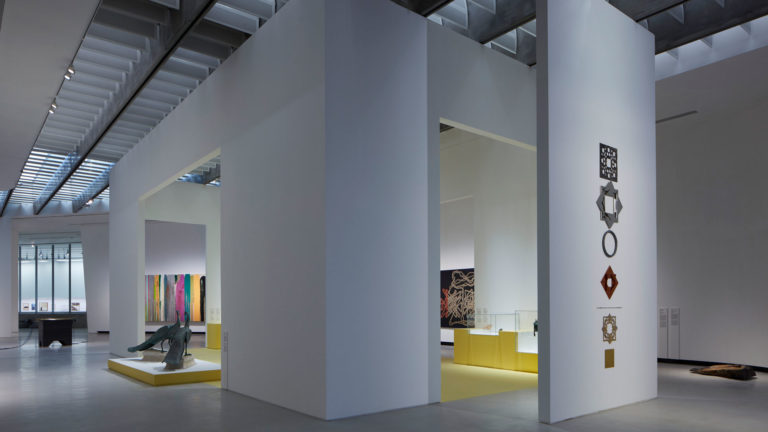
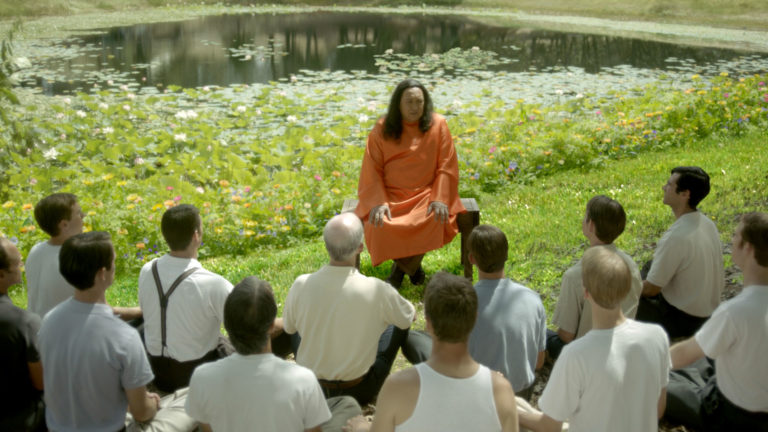
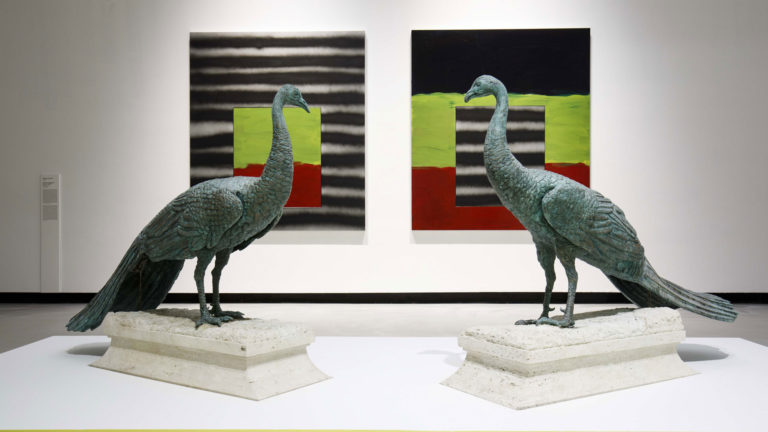
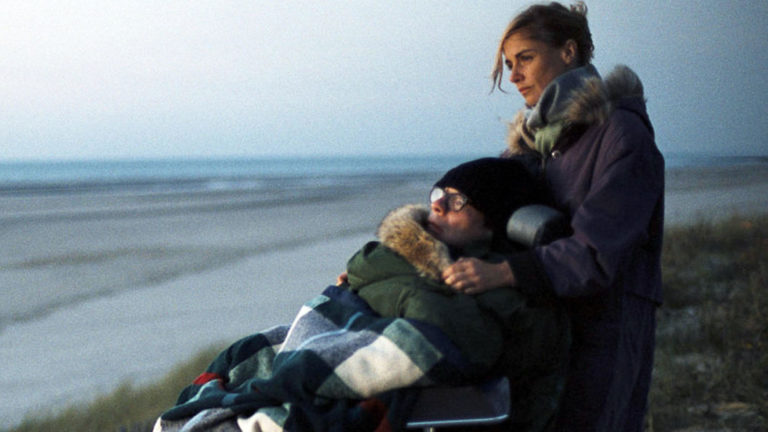

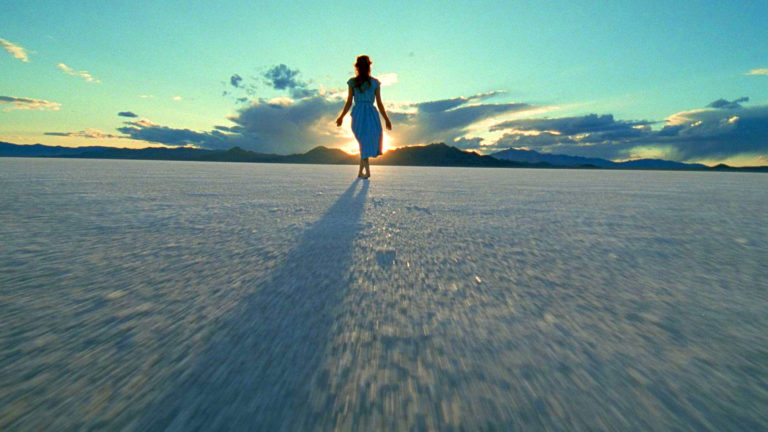
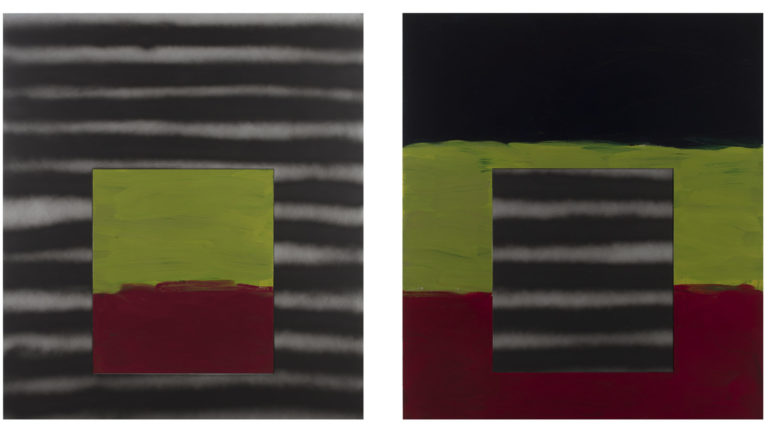




Carlo Scarpa hall – admittance € 5
10 individual seats reserved for myMAXXI cardholders writing to mymaxxi@fondazionemaxxi.itby the day before the event
A thought on the past but also on the worldly and ultra-worldly future.
A vision of the period of Humanism still predominates, which exalts, on the one hand, the aesthetic-artistic values, and tends to reduce, on the other hand, the thought to rhetorical-philological elements. Massimo Cacciari makes us understand how things are more complex and less schematic, and how humanistic philology should be inserted in a more extensive cultural project where attention to the past is complementary to the reflection on the worldly and ultra-worldly future.
This philology is intimately philosophy and theology. And the philosophical knots faced by the humanists (who in this perspective do not begin with Petrarch or the Paduans, but with Dante) are difficult to ascribe to harmonic or pacifying systems, according to a traditional Renaissance vision. There is a tragic core of strong “anti-dialectical” humanistic thought, in which the opposite polarities are neither harmonised nor synthesised.